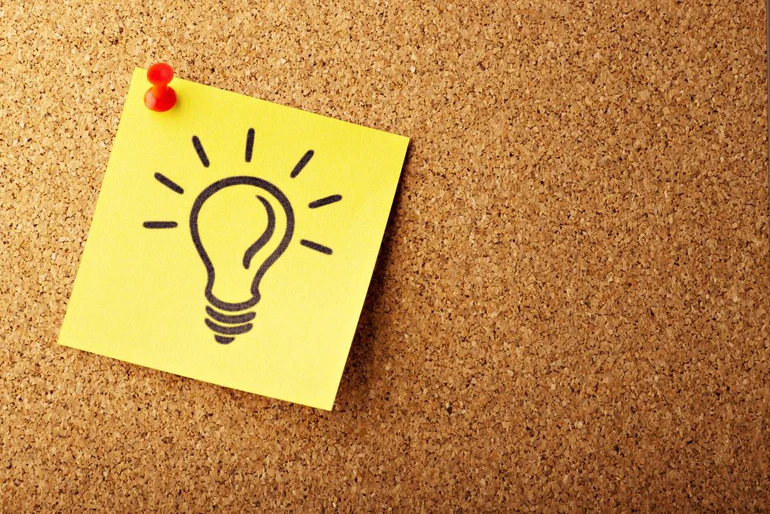Putting a Name to the Face, Easier

If you have trouble remembering names, you know how awkward it can be when interacting with someone whose name has completely slipped your mind. Overloaded as we are with constant information, your brain may not be able to retain that information; but unlike other smaller pieces of information, forgetting someone’s name is one of the worst social faux pas!
According to a new study from Northwestern University, you can save yourself the embarrassment (or the appearance of just not caring) with a simple method involving sleep learning. Sleep learning has been used to listen to large volumes of information, such as books, study guides, or even foreign languages.
Memory Boost via Sleep Learning
Young adult participants from 18-31 years old were asked to remember the names and faces of eighty students they hadn’t met before. Following the study of each face and name, the participants took a nap while a portion of the students’ names played in a music track—but only once they reached a specific part of deep sleep known as N3. All participants were asked to recall the names when shown pictures of the faces after waking.
Deep sleep participants exposed to the audio track recalled about 1.5 more names compared to those who didn’t hear it. Key to effective audio sleep learning was its timing during the specific state of deep sleep, as determined by researchers. If the participants didn’t reach that state of deep sleep, their sleep was considered disrupted.
Sleep Learning and Memory
Auditory sleep learning during disrupted sleep wasn’t beneficial, as indicated by EEG brain activity during slumber. During the deep sleep, the brain waves are producing slow waves. We know from previous studies that disrupted sleep, or sleep that doesn’t reach that slow-wave state, can actually impair memories. Sleep apnea disrupts memory formation due to fragmented sleep, highlighting the crucial role of uninterrupted sleep in memory consolidation.
Researchers explore manipulating unwanted memories during recall in lighter sleep states, reversing knowledge application possibilities. Will it soon be able to help you get rid of memories you would rather not keep? Auditory sleep learning’s effectiveness depends on reaching deep sleep; currently, success isn’t guaranteed.
Further Reading
Nathan W. Whitmore, et al. Targeted memory reactivation of face-name learning depends on ample and undisturbed slow-wave sleep. npj Science of Learning, 2022; 7 (1) DOI: 10.1038/s41539-021-00119-2
Also read our blog on What is the best vitamin for memory and focus?